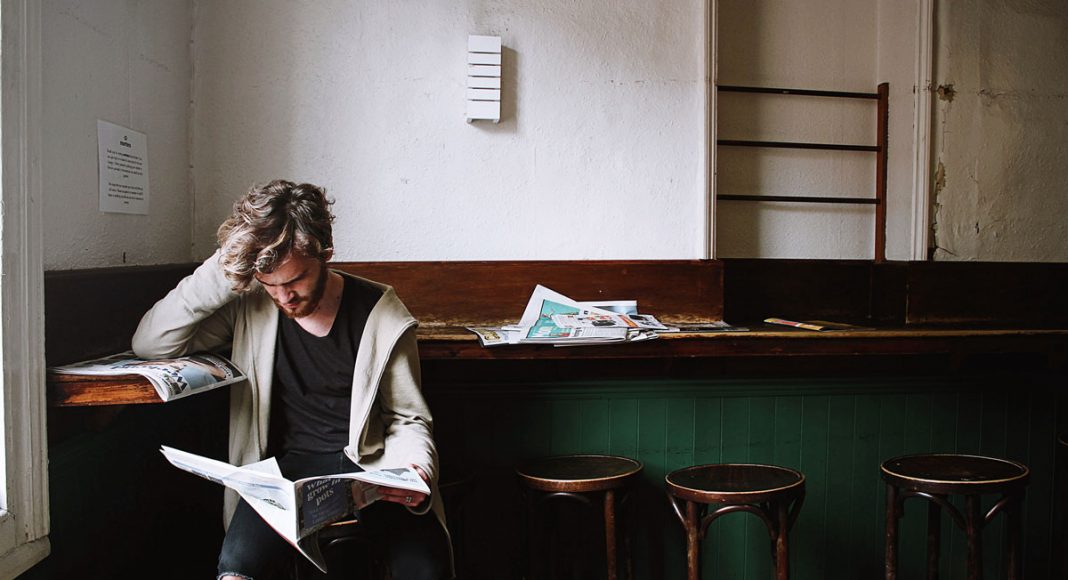While cannabis may reduce stress for many of us, but high doses might work to actually increase your stress levels. That is the conclusion of a study published earlier this month in the journal Drug and Alcohol Dependence.
According to researchers at the University of Illinois at Chicago and the University of Chicago, low levels of THC, the psychoactive compound found marijuana, does reduce stress. But slightly higher doses, enough to provide a mild high, increased anxiety among the test subjects.
According to Emma Childs, associate professor of psychiatry in the UIC College of Medicine and corresponding author on the study:
“Very few published studies have looked into the effects of THC on stress, or at the effects of different levels of THC on stress. We found that THC at low doses reduced stress, while higher doses had the opposite effect, underscoring the importance of dose when it comes to THC and its effects.”
The research included a small sample size — only 42 participants — but it did suggest that too much THC appeared to agitate the subjects when asked a series of questions.
The research revealed that there were no significant differences in participants’ blood pressure, heart rate or cortisol levels — before, during or after the doses or the tasks.
“Our findings provide some support for the common claim that cannabis is used to reduce stress and relieve tension and anxiety,” Childs said. “At the same time, our finding that participants in the higher THC group reported small but significant increases in anxiety and negative mood throughout the test supports the idea that THC can also produce the opposite effect.
Obviously, there is a wide variance among cannabis consumers on what constitutes a small dose. Daily consumers will have a much higher tolerance level than occasional smokers, so finding the correct dosage remains a trial-and-error exercise.
But, since edibles typically flood the system with THC for a prolonged period of time, it is suggested that this method should be done with caution.
-
Related Story: Study: Marijuana Can Help You Feel Less Lonely And Depressed
In essence, everyone’s “sweet spot” is different and you’ll have to experiment to find what dosage gives you the most relief.
The study revealed:
The participants who received 7.5 milligrams of THC reported less stress after the psychosocial test than those given a placebo, and their stress levels dissipated faster after the test.
Participants who received 12.5 milligrams of THC before the two tasks reported greater negative mood before and throughout the task, and were more likely to rate the psychosocial task as “challenging” and “threatening” beforehand. Participants who received this dose also had more pauses during the mock interview compared to those in the placebo group.
“Studies like these — examining the effects of cannabis and its pharmacological constituents under controlled conditions — are extremely important, considering the widespread use of cannabis for both medical and non-medical purposes,” Childs said. “Unfortunately, significant regulatory obstacles make it extremely difficult to conduct this type of research — with the result that cannabis is now widely available for medical purposes with minimal scientific foundation.”


